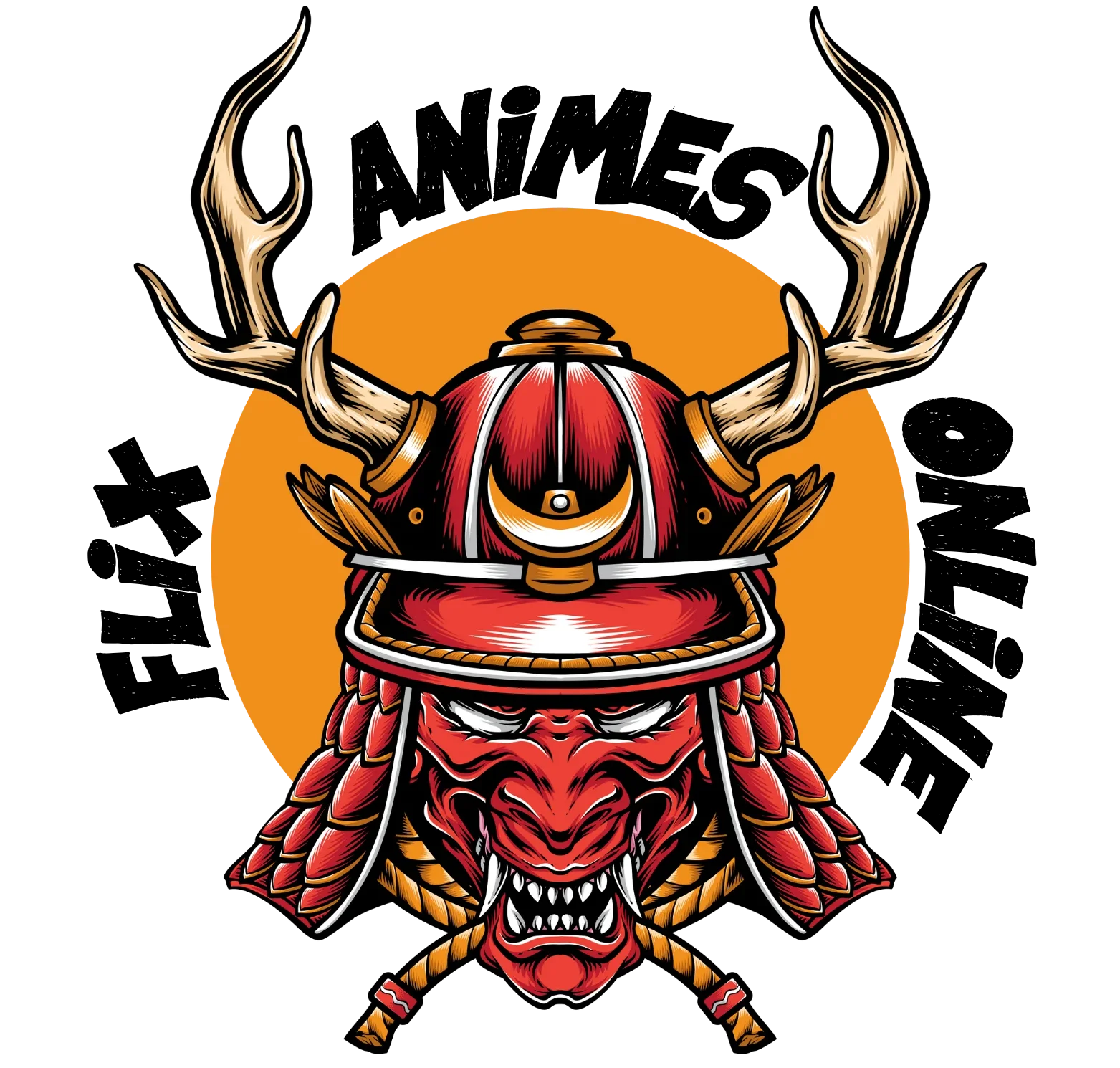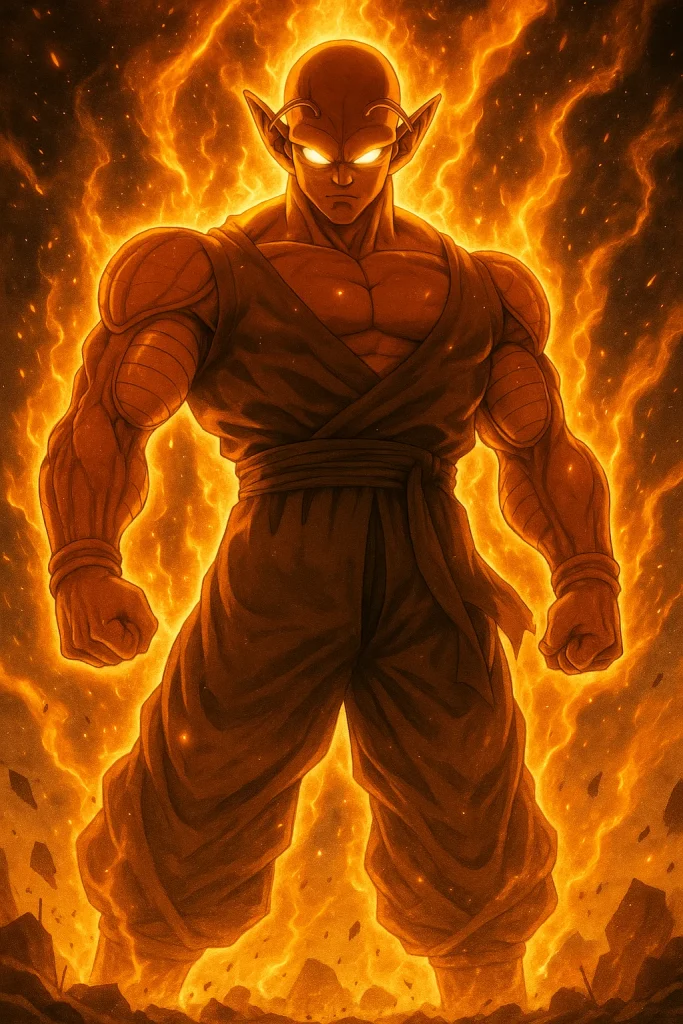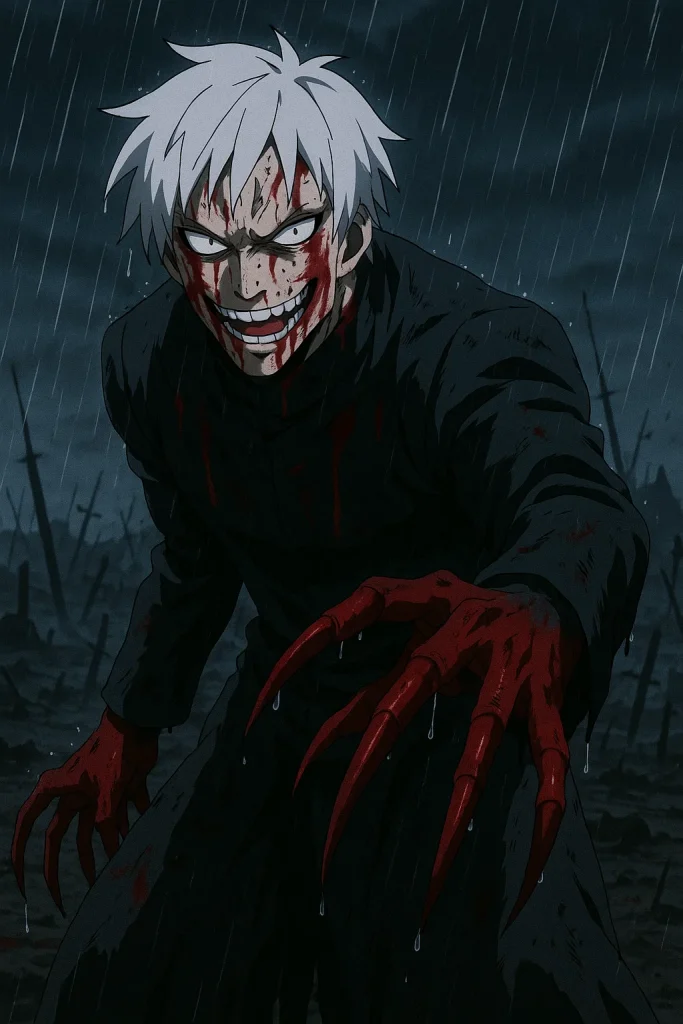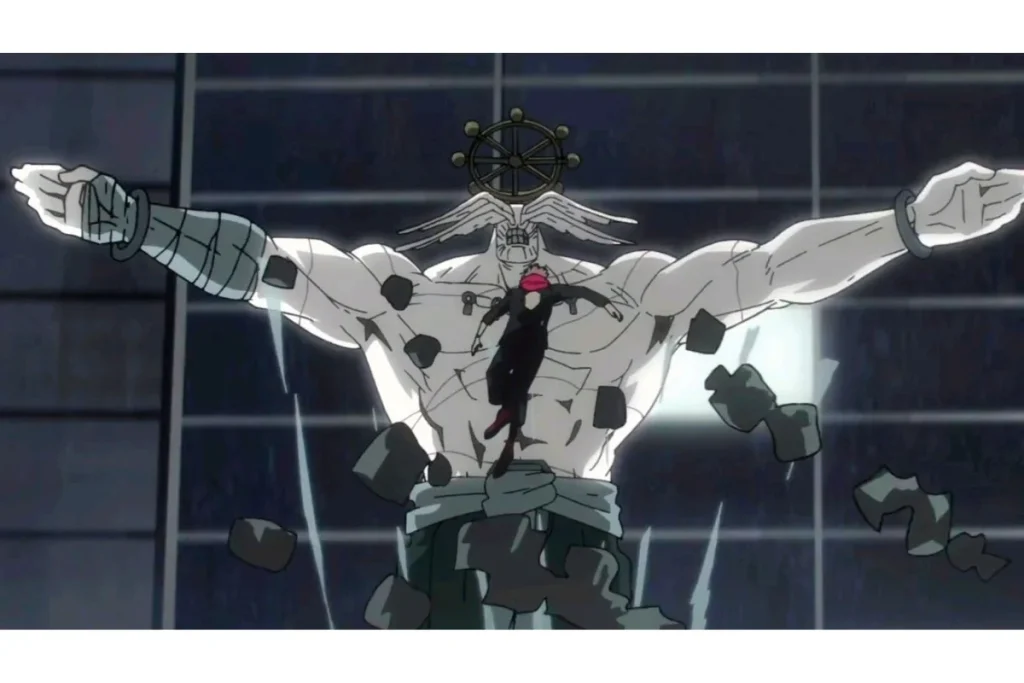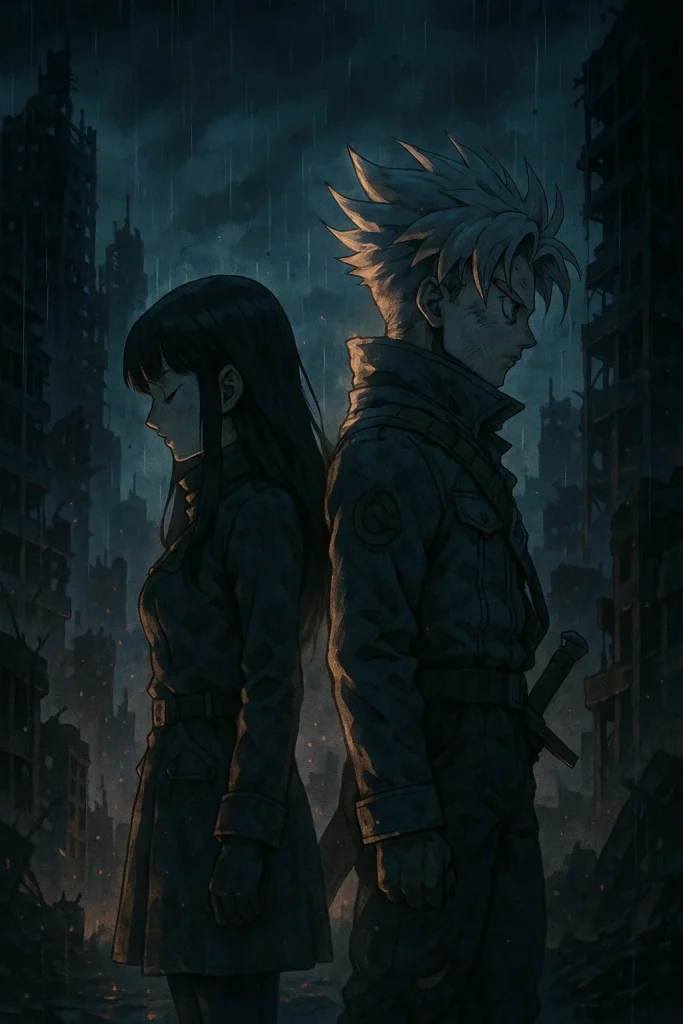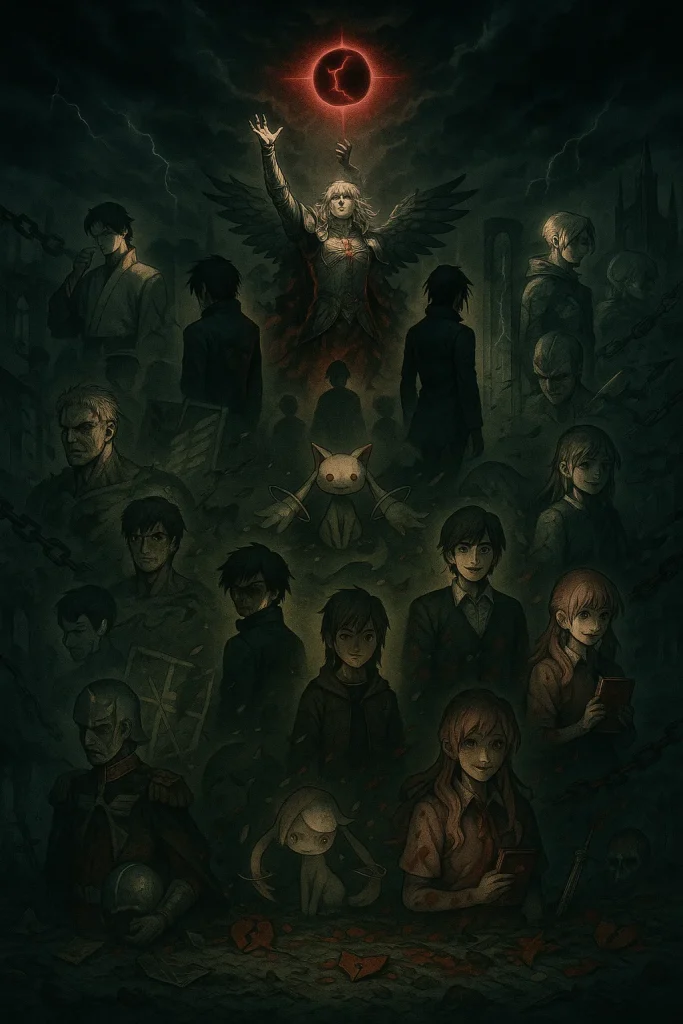Elitists and Critics of ArtisansTobias Orlando-Magic Artisan Dahlia Wilts No More

Introduction
In the world of Magic Artisan Dahlia Wilts No More, magical artisans work tirelessly to innovate, enchant, and perfect tools for everyday and professional use. But not all individuals appreciate or support this work, especially not the Elitists and Critics of Artisans. These characters often stand in contrast to progress and independence, enforcing traditional hierarchies, doubting female talent, and policing creativity. This article explores the role, philosophy, and impact of the Elitists and Critics of Artisans in the manga, optimized for the SEO keyword Elitists and Critics of Artisans.

Who Are the Elitists and Critics of Artisans?
Elitists and Critics of Artisans are a group of high-ranking guild members, influential nobles, traditionalists, and so-called “experts” who maintain a rigid, outdated view of magical craftsmanship. They typically occupy advisory roles within artisan guilds, noble councils, or trade organizations.

Powers and Abilities
Guild Examiner Bruschini
A conservative figure in the Artisan Guild Board who constantly downplays Dahlia’s work. He often votes against progressive guild proposals and insists that enchantment should remain a male-dominated tradition.
Powers/Abilities:
- Ruthless in upholding outdated standards
- Deep knowledge of enchantment history
- Political influence in licensing and testing

Count Marvetto
A noble critic who commissions enchanted items only from lineage-based artisan families. He publicly questions the “purity” of Dahlia’s methods and once tried to revoke her guild recognition.
Powers/Abilities:
- Skilled in magical artifact appraisal, albeit biased
- Financial leverage over artisan guilds
- Control over noble-approved product lists

Mistress Delorne
A senior female critic who paradoxically supports elitism from within. She believes Dahlia and Gabriella are too emotional and unrefined for formal crafting and prefers rigid institutional models.
Powers/Abilities:
- Defensive enchantment specialist with cold precision
- Author of magical crafting standards
- Influence over enchanted tool certification

Influence of Elitists
While these characters rarely craft themselves, their influence is their true power:
- Economic Pressure – They can blacklist artisans, block access to materials, or demand higher fees to process certification.
- Political Power – Many critics sit on guild councils or are advisors to noble families.
- Control Over Standards – They write and enforce guidelines that define what counts as “official” or “acceptable” crafting.
- Social Clout – Through rumors, public speeches, and publications, they shape public opinion on new artisans.

Role in the Manga
The Elitists and Critics of Artisans serve as both narrative obstacles and societal reflections in Magic Artisan Dahlia Wilts No More. Their presence is felt in every guild meeting, contract negotiation, and public demonstration.
Key functions include:
- Gatekeeping Authority: They question Dahlia’s qualifications, deny her access to rare materials, and attempt to block her from major contracts.
- Undermining Innovation: They dismiss nontraditional enchantment methods or tools designed with unconventional aesthetics or purposes.
- Reinforcing Gender Bias: They often claim that women lack the “rigor” or “emotional control” necessary for serious crafting.
- Maintaining Class Structures: These elitists support noble-born or well-connected artisans, limiting upward mobility for commoners.
Despite their obstructive nature, these characters provide the essential conflict needed to highlight Dahlia’s brilliance and resilience.

Final Thoughts
The Elitists and Critics of Artisans in Magic Artisan Dahlia Wilts No More may not cast spells or forge blades, but their power is no less threatening. As systemic antagonists, they test Dahlia’s resolve, challenge her values, and bring attention to the inequalities embedded in the magical artisan world.

